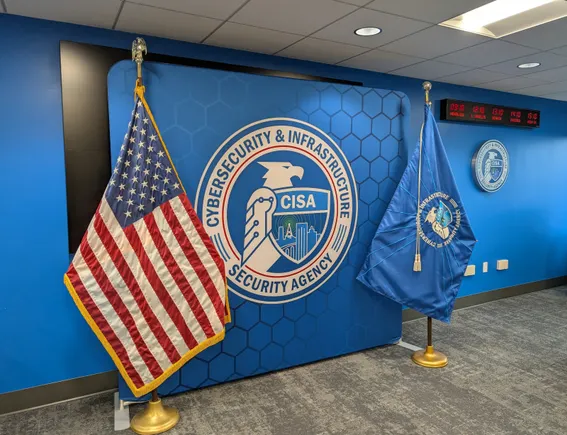Essential Insights
-
Contract Expiration Impact: The CISA’s Joint Cyber Defense Collaborative (JCDC) faced a drastic reduction in support personnel after its contract with ICF expired, dropping from over 100 contractors to just 10.
-
Operational Challenges: This significant loss threatens JCDC’s collaborative work, including responses to major cyberattacks and its ability to collect and share vital threat intelligence.
-
Pending Contracts at Risk: CISA is at risk of further operational disruptions due to multiple pending contract expirations, complicating its efforts against rising cyber threats, particularly from state-sponsored actors like China.
- Focus on Efficiency: CISA claims to be prioritizing resource alignment with its core mission to mitigate operational impacts, though specific steps to address these issues remain undisclosed.
Impact on Cyber Defense
The abrupt end of CISA’s contract with ICF marks a critical turning point for the Joint Cyber Defense Collaborative (JCDC). This program, essential for uniting private and public sectors against cyber threats, has seen its contractor support plummet from over 100 to just 10 personnel. Such a drastic decrease poses significant risks. JCDC’s vital functions, including coordinating responses to major cyber incidents and analyzing ongoing threat campaigns, could suffer setbacks. Consequently, the effectiveness of cybersecurity measures may dwindle, leaving vulnerable sectors exposed to attacks.
Moreover, the JCDC’s reliance on contractors means the impact is not just numerical. The few remaining federal employees struggle to maintain the extensive relationships necessary for effective collaboration. As the landscape of cyber threats evolves, particularly from state-backed actors, losing experienced contractors hinders CISA’s capacity to respond swiftly. Without urgent action, this disruption could compromise our national cybersecurity infrastructure.
Future Prospects
Despite these challenges, CISA aims to realign its resources and reduce taxpayer waste. The agency currently employs emergency funding to sustain its limited contractor workforce for a brief period. However, this approach only prolongs the inevitable unless new contracts are established. The pressure mounts as other critical contracts also face expiration without timely renewals. If these situations remain unaddressed, the agency risks losing not only personnel but also the expertise necessary to navigate complex cyber threats.
As CISA navigates these turbulent waters, the future of the JCDC hangs in balance. Ensuring continuity in cybersecurity operations is essential, yet the path forward requires a strategic reevaluation of priorities and partnerships. The effectiveness of JCDC—and by extension, national cybersecurity—depends on decisive action and strategic planning. Without these elements, the collaborative effort may falter, leaving the nation vulnerable in an increasingly digital world.
Discover More Technology Insights
Dive deeper into the world of Cryptocurrency and its impact on global finance.
Access comprehensive resources on technology by visiting Wikipedia.
Cybersecurity-V1

